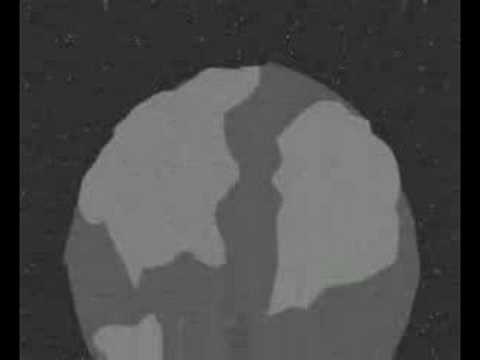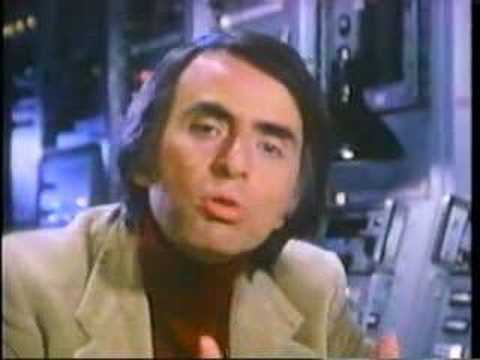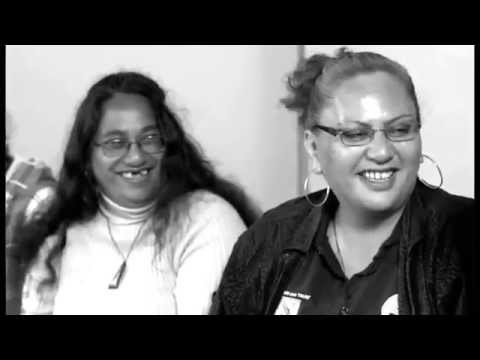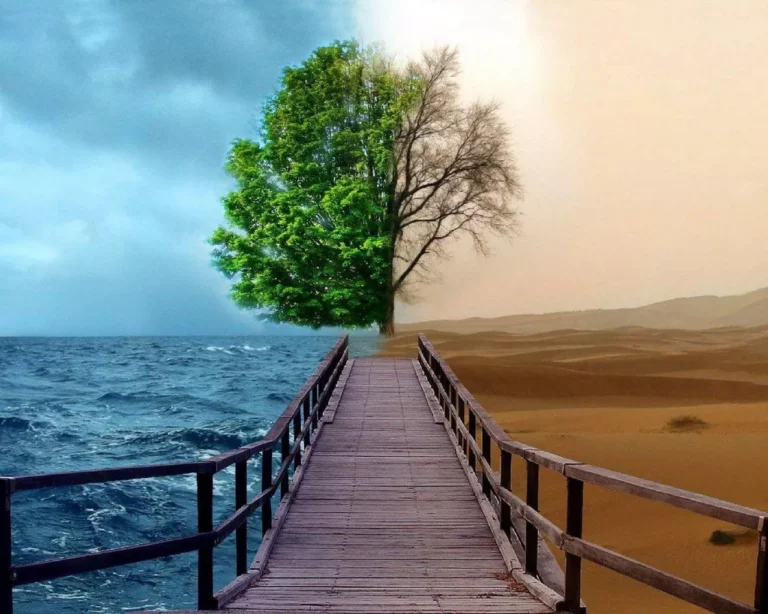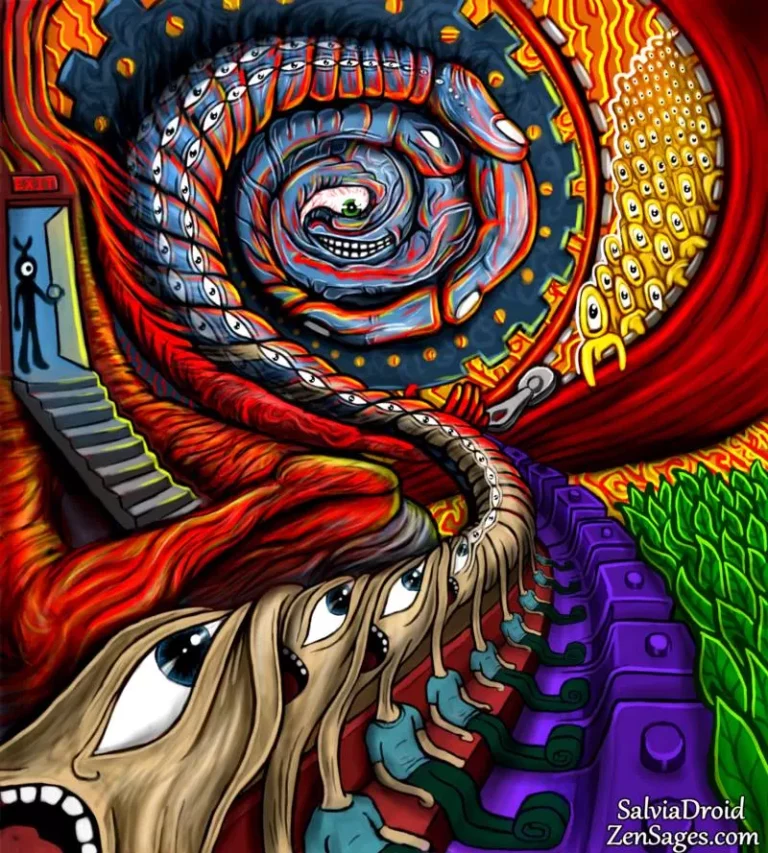The fact that there is life is as odd as it is exhilarating. It’s strange because the odds of there being a universe fit for life are actually quite small when we consider that if the laws that govern our universe were slightly different, life would be impossible. This means that the configuration of our universe falls within a narrow line of possible options that allow things to be.

For example, if there had been a small variation of only 2% in the setup of the fundamental forces that govern our universe, things would be entirely different. For example if the strong nuclear force (one of the forces that bind the atoms together) had been 2% stronger, all of the hydrogen in the universe would had been consumed in the very early stages of our Universe. The nucleosynthesis (process that created new atomic nuclei from pre-existing nucleons, primarily protons and neutrons), would not have been possible as we know it, thus, other chemical elements such as carbon, nitrogen or oxygen wouldn’t have come into existence. This means, no stars, no planets, nothing would be as we know it.
Taking this into account, not only complex phenomena such as life seem odd, but even the “simple” ones like the existence of a rock seem improbable. This oddity, for some, can only be explained by saying that such things come into existence only because this universe has been finely tuned so that the necessary conditions are there for conscious life to emerge. Like the plants taken care of by the gardeners, the universe too seems to be taken care of.

For many this is an argument made not only in favor of some sort of intelligent design, but also that the universe seems to have been created for a purpose, and this is, the emergence of life. Some people go even further: The universe has been arranged as it is with the goal of making consciousness thrive. This is called the Anthropic Principle.
The word anthropic simply means: “related to humans”, and it is a principle because the thought is used as an axiom, this is a starting point from where to start to reason or to engage in a logical concatenation. What does this exactly mean? Is it an argument in favor of the existence of God? Is it just a remark on what seems to be coincidences? I cannot say, for the implications that are drawn vary depending on one’s core beliefs and world view.
There are two variations of this principle: the Strong variation states that conscious life is not a coincidence, rather, it is a necessary condition that the universe has to have; as if the purpose of the universe was to yield life. The Weak Variation states that there is nothing special about humanity; it is a byproduct that does not play a central role.

Regardless of the implications that may arise when thinking about the improbable, much more important, in my opinion, is to focus on the fact that there is a Universe as ours, fit for life and hugging us every day of our existence. Like a womb, our Cosmos is a life-bearing entity that functions as a force and has life spelled all over it. We have been given the present of existence as embodied mind capable of great things, such as awareness and imagination. In turn, we also give the universe the joy of knowing itself. As Carl Sagan phrased it: “We are a way for the cosmos to know itself.”
It could be said that since the Big Bang, the Cosmos has embarked on a journey to bring about consciousness, and it has done so seemingly without much effort: almost as if it were a natural consequence, like fruit-bearing trees.
Alan Watts explains, “You, as a human being, you grow out of this physical universe in just exactly the same way that an apple grows off an apple tree. So let’s say the tree which grows apples is a tree which apples, using ‘apple’ as a verb. And a world in which human beings arrive is a world that peoples. And so the existence of people is symptomatic of the kind of universe we live in.”
Despite not knowing about other places on the universe where there is life, there are some good expectations. For example, the odds of finding planets with the same conditions as ours are 40 billion in our own galaxy (according to NASA estimates using the Drakes Equation).
Personally, I don’t think that the people, who undertake anthropic considerations, have a selection bias, as is often pointed out. It is true that we don’t have much material to work with, for we are in the only planet, that we know of, where there is life; and this universe is the only that we know of. Rather than thinking whether life is a necessity, condition or a fluke, I rejoice on the fact that I’m alive in a place were stars hugs, water kisses and the space tickles our imagination.


